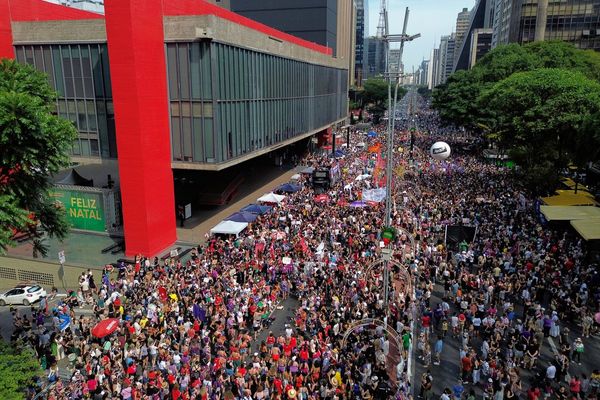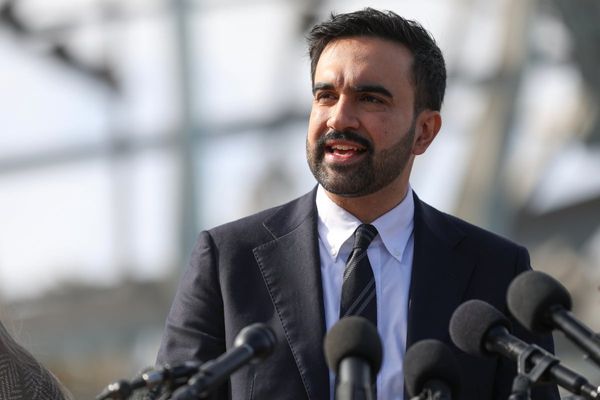The Chancellor is facing fresh calls to suspend a planned National Insurance tax hike from April as households prepare for the ‘worst pay squeeze in 200 years’.
It comes weeks after the Prime Minister and Rishi Sunak confirmed it will go ahead to plug a social care black hole - despite an escalating cost of living crisis.
Almost three-quarters of companies questioned in a report by the British Chambers of Commerce (BCC) said they will up prices in response to rising living costs, including energy bills and the NI increase coming into effect in April.
A separate survey found that fewer than one in three workers expect their wages to keep pace with rising prices, in what the TUC described as "the worst pay squeeze in 200 years".
The BCC called on the Chancellor to delay the introduction of the £12billion National Insurance rise to help households stay afloat.
The NI hike - split evenly between employees and employers – is being phased into plug a health and social care deficit within the NHS. In 2023, it will be renamed as a Health and Social Care Levy.

Under it, the average worker will pay £200 more in taxes.
The BCC said the new tax will trigger a "cost of doing business crisis", alongside rising prices for energy, raw materials and staff wages.
Some 73% out of more than 1,000 companies questioned by the organisation said they were experiencing pressure to put prices up.
BCC director general Shevaun Haviland warned: "Without help from the Treasury to weather this storm many businesses, especially smaller ones, will be faced with a nearly impossible situation that will leave them with little choice but to raise prices.
“Unabated, the surging cost pressures produced by the cost of doing business crisis will continue to lead to increased prices and fuel the cost-of-living crisis currently being faced by people across the country."
The TUC warned that pay growth is weakening across the economy just as bills are set to skyrocket, with real wages falling by 1.4% in the private sector and 2.4% in the public sector in the year to November.

After inflation is taken into account, the average worker's pay will fall by £50 a month in 2022, said general secretary Frances O'Grady.
O'Grady said: "Energy prices are pushing up inflation - not wage demands. The last thing hard-pressed households need right now is for their pay to be held down.
"Workers are suffering the worst squeeze on wages in more than 200 years. Britain needs a pay rise - not more pay restraint."
With surging inflation exacerbating a cost-of-living squeeze, the government has faced growing pressure, including from some of its own Conservative lawmakers, to delay or cancel the National Insurance rise.
But the Prime Minister insisted “we must go ahead”, insisting people should be able to control their own finances.
Under the tax rise, the average worker will pay more than £200 a year to the Treasury. It will also include working pensioners for the first time.
For those struggling to pay bills, the government will offer them £200 to cover their gas and electricity bills from October. A move likened to that of a ‘buy-now-pay-later’ transaction by critics.
That’s because the alleged support will be clawed back by hiking bills by £40 per year over five years from 2023.







